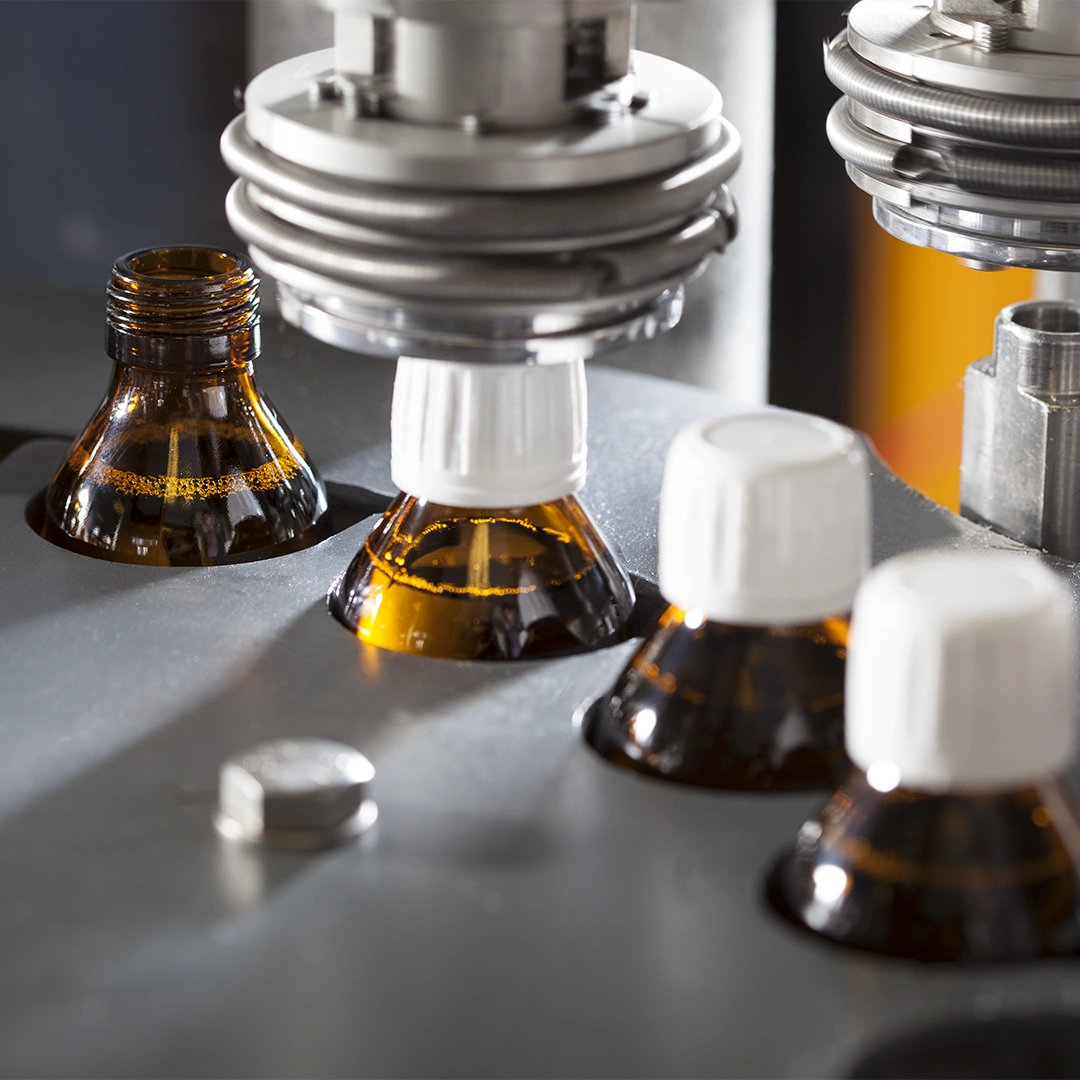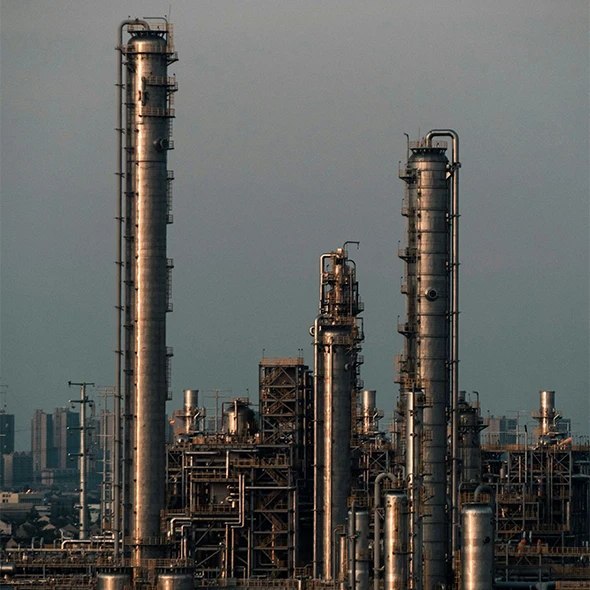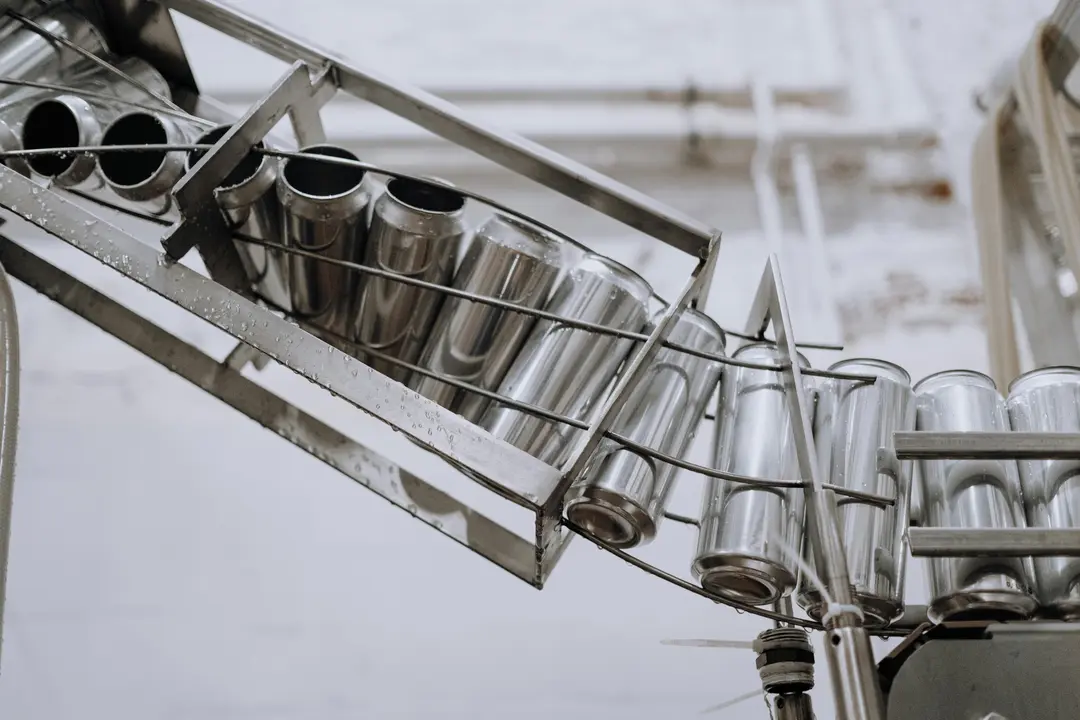What is PTFE plastic?
PTFE (Polytetrafluoroethylene) is a semi-crystalline fluropolymer thermoplastic. It is commonly referred to as Teflon which is a brand name.
PTFE is the most widely used fluropolymer in a range of applications. It is known for being highly resistant to chemicals and for its superior thermal stability.
Compared to other engineering grade thermoplastics it has poor mechanical properties, though glass and carbon filled grades with improved dimensional stability are available.
Because of its resistance to chemicals, PTFE plastic is commonly used in chemical, food and pharmaceutical engineering.
PTFE is favoured over PVDF for sliding applications with exposure to extreme chemical stress.
Machining of PTFE must take conductivity and expansion effects into account. When machining PTFE, we ensure we use very sharp tools and plenty of coolant to avoid any stability issues.
You may also see PTFE referred to as:
Main attributes
- Excellent chemical resistance
- Good electrical insulating properties
- Wide working temperature from -260°C to 260°C
- Poor mechanical properties – glass and carbon filled modifications available to improve dimensional stability
- Low flammability
- High UV and weather resistance
- Suitable for food contact
- Water resistant
- High impact strength
- Very low coefficient of friction
- No moisture absorption
Note for designers
Due to its high coefficient of expansion, PTFE is usually machined to tolerances of around 0.13mm.
Tighter tolerances are rarely required due to the natural resiliency of the material. Where tighter tolerances are required, it is advised to use stress-relieved PTFE.
UK stock sizes
Here are the standard stock sizes/colours for PTFE in the UK. Please note we do not supply stock material, the information provided is purely for design and research purposes.
Example PTFE Stock Sizes
Stock sizes will vary depending on supplier. Please get in contact to discuss further.
PTFE is typically available in rod and plate form in lengths of 2000mm and 1200mm.
PTFE Rod
- From 4 to 160mm
- White (natural)
PTFE Plate
- From 1x1200mm to 100mmx1200mm
- White (natural)
Please note: some sizes may be non-stocked items and subject to minimum order quantities.
Technical properties
Common Applications
- Valves & pumps
- Bearings & bushings
- Electrical components
- Semiconductor components
- Gears & driveshafts
- Capacitors & isolators
- Wear parts & rings
TECAFLON PTFE Properties
Mechanical properties
| Mechanical Properties | Value | Parameter | Norm | Notes |
| Tensile Strength | 22 MPa | | ASTM D 4894 | Tested on extruded and machined specimen |
| Elongation at Break | 220% | | ASTM D 4894 | Tested on extruded and machined specimen |
| Compression Strength | 5 MPa | 1% strain | ASTM D 695 | |
| Shore Hardness | 55 | Shore D | ASTM D 2240 | |
Thermal properties
| Thermal Properties | Value | Parameter | Norm | Notes |
| Glass Transition Temperature | -20°C | | DIN EN ISO 11357 | Found in public sources |
| Service Temperature | 260°C | short term | | Found in public sources. Individual testing regarding application conditions is mandatory |
| Service Temperature | 260°C | long term | | |
| Thermal Expansion (CLTE) | 13 10-5 K-1 | 23-100°C, long | ASTM D 696 | |
| Thermal Conductivity | 0.20 W/(K*m) | | ASTM C 177 | |
Electrical properties
| Electrical Properties | Value | Parameter | Norm | Notes |
| Specific Surface Resistance | 1016 Ω | | ASTM D 257 | Without defects |
| Specific Volume Resistance | 1017 Ω*cm | | ASTM D 257 | |
| Dielectric Strength | 80 kV/mm | In air, 0.125mm thick | ASTM D 149 | |
| Dielectric Constant | 2.1 | 50-109Hz | ASTM D 150 | |
Other properties
| Other Properties | Value | Parameter | Norm | Notes |
| Water Absorption | <0.01% | 23°C | ASTM D 570 | |
| Flammability (UL94) | V0 | Corresponding to | DIN IEC 60695-11-10 | Corresponding means no listing at UL (yellow card). The information might be taken from resin, stock shape or estimation. Individual testing regarding application conditions is mandatory. |
| Density | 2.15 g/cm3 | | | |
 Get a quote
Get a quote










